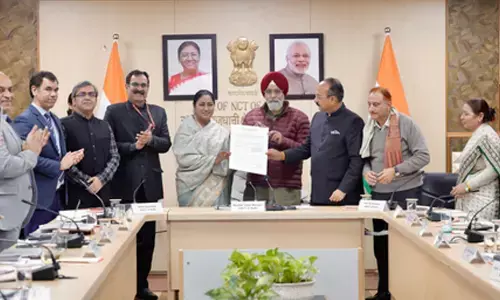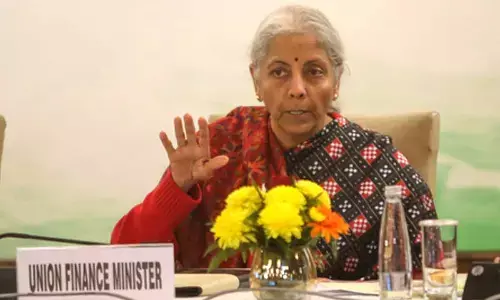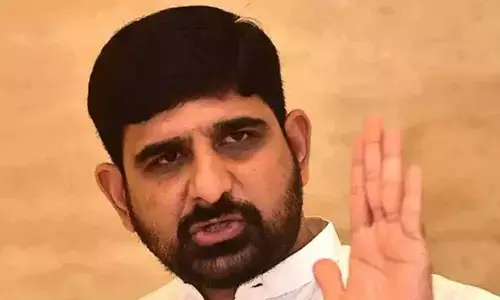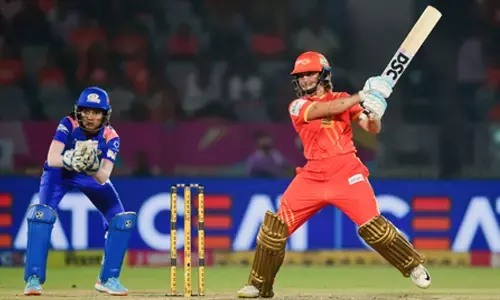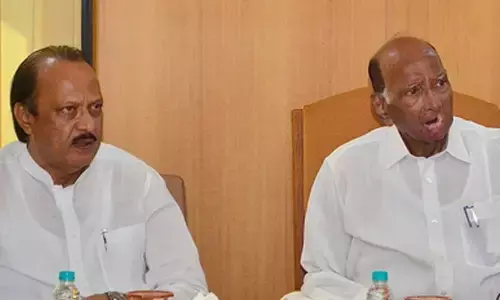The Musical' gets huge response post pandemic
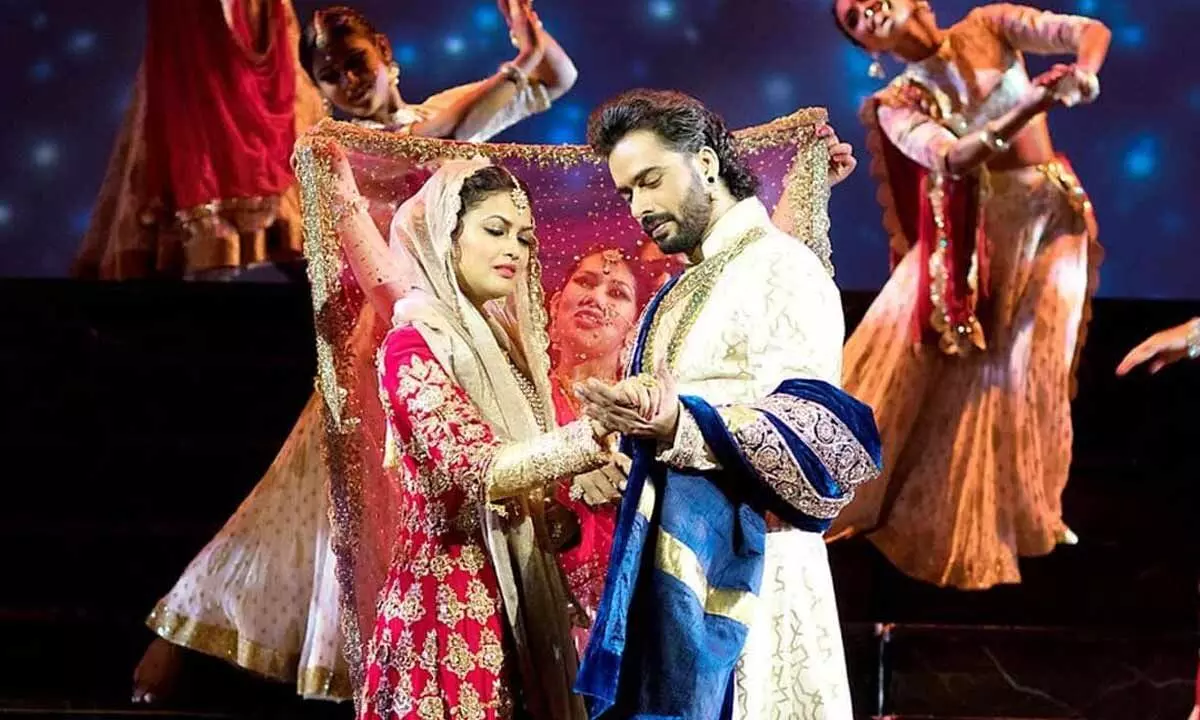
The Musical’ gets huge response post pandemic
As a team, during the course of the last two years, we truly missed entertaining the audience due to pandemic and now it feels so reassuring that the fans of the show have missed it too! The response since the first show has been unbelievable and more shows have had to be added to accommodate the overwhelming demand for tickets- Feroz Abbas
After two years of pandemic-induced lull, Feroz Abbas Khan's Broadway style opus 'Mughal-e-Azam: The Musical' opened to packed houses in Mumbai on October 21 this year. The musical has already amassed unanimous critical and popular acclaim around the world but this is the first time in the post pandemic era that the 18th season of the show has been staged.
Director Feroz Abbas says, "As a team, during the course of the last two years, we truly missed entertaining the audience and now it feels so reassuring that the fans of the show have missed it too! The response since the first show on October 21, has been unbelievable and more shows have had to be added to accommodate the overwhelming demand for tickets."
Mumbai has embraced the musical extravaganza once again and says Khan, "The core appeal of the musical remains the same though as always we have worked hard to improve technical and production aspects. The audiences however come back again and for the music, the monumental scale, the costumes, the energy of a live performance and the nostalgia that this classic love story evokes. And very soon, hopefully, we will be on the road once again to travel with the play and regale audiences in different parts of the country and the world."
Deepesh Salgia of Shapoorji Pallonji Producers of the musical says, "Mumbai has embraced the musical extravaganza once again. The core appeal of the musical remains the same though as always we have worked hard to improve technical and production aspects."
'Mughal-e-Azam: The Musical' has won seven trophies, including the Best Indian Play, at the Broadway World India Awards 2017. Feroz Abbas Khan won Best Director Award, celebrity fashion designer Manish Malhotra won the trophy for Best Original Costume Design. Mayuri Upadhya scored in the Best Original Choreography category, Neil Patel received recognition in the Best Original Set Design segment and David Lander won the Best Original Lighting Design award. The play also bagged the Best Ensemble Cast award. In a small chit chat with director Feroz Abbas, he shared his views on the show. Let's have a look into it.
When was the first time that you saw 'Mughal-E-Azam' and what impact did the film have on you?
I saw 'Mughal-E-Azam' as a child on Eid with my family and it had an enormous emotional impact on me and I remember crying profusely because I thought a great injustice had been done to Anarkali! Decades later when I saw the coloured version with Farooque Sheikh and Shabana Azmi Azmi in Hyderabad, the film wove the same magic that I had experienced all those years ago and then the idea to adapt it to stage came to me because I realised that the film had a very theatrical structure.
Do you think a film like this can be made today?
I think films which are much bigger in scale and even in detailing and budget are being made today especially in South India, but 'Mughal-E-Azam' was very unique at that particular period and time where epics were few and far between and this one in particular had cost the producers more than any previous Indian film. It took nearly 10 years to reach cinemas and that would be unthinkable today.
What have been some of the most memorable responses to the musical from the audience?
There have been so many that it would be tough to encapsulate them all. All I can say is they are diverse and heartwarming and each generation has connected differently to the play. For some, it is a nostalgic experience to revisit this story. For others, it is a discovery. Every single time we perform, we are suffused with waves of energy and appreciation and that is what keeps us inspired and motivated to do better and better each time.
How did you translate war scenes and the immersive opulence of the film for its stage version?
War scenes are very difficult to do on stage because we don't have the facilities that cinema has, to realistically recreate battlefields. So it boils down to presenting them in a more suggestive and symbolic way and we have been able to create, if not the scale and opulence of the original film but surely the impact of war on stage and in the minds of the audience. It's very difficult for me to describe that into words, because it is something that you've got to be in the auditorium to experience.











